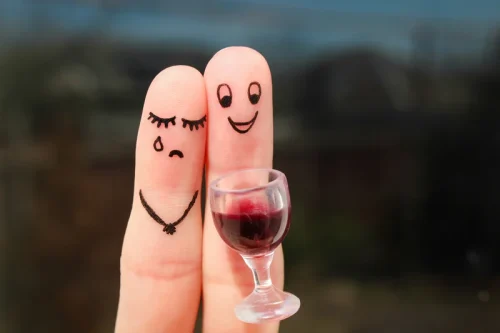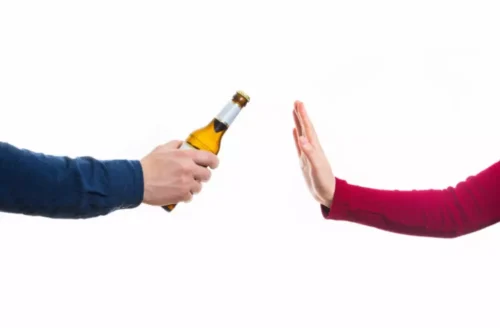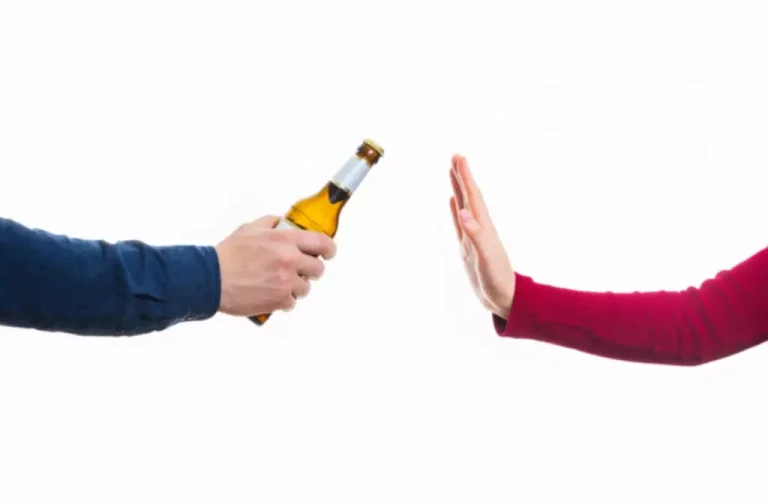23 Mag How To Cure A Hangover: 6 Expert-Backed Tips

If you have alcohol intolerance, you may have a genetic inability to process the acetaldehyde fast enough. You may feel drunk after drinking even a small amount of alcohol. But when the alcohol wears off, your nervous system must readjust.

Chief Medical Editor, Harvard Health Publishing; Editorial Advisory Board Member, Harvard Health Publishing
- A person must wait for the body to finish clearing the toxic byproducts of alcohol metabolism, to rehydrate, to heal irritated tissue, and to restore immune and brain activity to normal.
- But the only guaranteed way to prevent a hangover is to not drink alcohol.
- These give many types of alcoholic beverages their taste and smell.
It is crucial for a person to measure their drinks and be aware of how much they are drinking. When drinking at home, some people may pour themselves more substantial measures or be less aware of the volumes they are using. This can make it more difficult for an individual to keep track of their alcohol consumption.
- These stem from physiological responses to the presence of alcohol in your digestive and urinary systems, like your stomach, kidneys, and bloodstream.
- In one randomized crossover study, researchers investigated the effects of red ginseng on relieving alcohol and hangover symptoms in 25 healthy men.
- The evaluation consists of 11 yes or no questions that are intended to be used as an informational tool to assess the severity and probability of an alcohol use disorder.
- Stay hydrated throughout the following day by drinking water whenever you feel thirsty.
National Institute on Alcohol Abuse and Alcoholism (NIAAA)

Drinking too much too quickly can affect breathing, heart rate, body temperature and gag reflex. Hangover headaches, with their throbbing pain at the temples and their tendency to get worse when you move, can only reliably be cured with time as your body processes the alcohol. But there are things you can do, like staying hydrated, that can relieve the symptoms. People who pace themselves when they are drinking alcohol and drink slowly are less likely to experience severe hangover symptoms the following day. This disturbed sleep pattern may lead to a sleep hangover in addition to the alcohol hangover.
What causes a hangover?
Hangover symptoms peak when the body’s blood alcohol concentration (BAC) returns to zero and can last 24 hours or longer. Although there is no cure for a hangover, certain foods and drinks may be able to ease symptoms and help you feel better. But you can have symptoms after consuming just one or two drinks the night before, while other times, you might not experience a hangover even after consuming large amounts of alcohol. However, heavy drinking can lead to alcohol poisoning, which is a medical emergency. Symptoms may include mental confusion, vomiting, difficulty breathing, slow heart rate, trouble staying awake/alert and maintaining consciousness, clammy or pale skin and seizures.
But by inhibiting ADH, water is instead urinated out at a faster rate than you’re adding fluids back. Hydration can help to ease a hangover but it does not completely alleviate the symptoms. Hangover headaches are common enough, but they can have an impact on daily life.
The Hangover

But they’re often not based in science, and some can be dangerous. For example, drinking more alcohol (“hair of the dog”) won’t help a hangover. More alcohol just increases the toxicity of the alcohol already in your body. Most people who get hangovers can diagnose themselves based on their alcohol consumption and symptoms. If you feel sick after consuming alcohol, you most likely have a hangover.

- Day-after-drinking symptoms like nausea, headache, fatigue, shaking and dry mouth may leave an adversely alcohol-affected individual desperately seeking some way—any way—to make it stop.
- Alan confesses that he drugged their drinks to ensure they had a good night, believing the drug to be Ecstasy.
- But there are things you can do, like staying hydrated, that can relieve the symptoms.
- Typical symptoms include fatigue, weakness, thirst, headache, muscle aches, nausea, stomach pain, vertigo, sensitivity to light and sound, anxiety, irritability, sweating, and increased blood pressure.
- The reality is that a drink might take some of the edge off a hangover, but it also prolongs your recovery time.
- There is no magic hangover “cure,” but there are some remedies that can help alleviate your symptoms.
But your body generally eliminates all the alcohol from your system after five to six hours, yet still remains adjusted to the presence of alcohol. But after a few drinks, your heart starts pumping faster, and the blood vessels can’t expand enough to accommodate all the blood. Most of the time you just need to drink water, eat some food, and walk it off. But if you’ve had too much to drink, you may be harming your body and need to see your doctor for treatment. how long does a hangover last Although you might crave a cup of coffee or a greasy meal after a night of drinking, they might make your hangover worse. Research shows honey can significantly increase the body’s rate of eliminating alcohol.
Food can help keep a person’s blood alcohol concentration lower and may reduce the effects of a hangover. Certain alcoholic beverages contain chemicals known as congeners. These chemicals are impurities and can contribute towards hangover symptoms. The best way to avoid a hangover is to drink alcohol in moderation or not at all. The more alcohol someone drinks, the more likely they are to have a severe hangover the next day.

No Comments